Recent statements by France, the United Kingdom, and Canada—subsequently echoed by other European states—on their intention to recognise a Palestinian state in September mark a notable transformation in the policies of major Western powers toward the Palestinian question. This development comes against the backdrop of the deepening humanitarian catastrophe in Gaza, manifested in widespread famine and a death toll exceeding 60,000, which has further amplified international calls for an urgent political resolution to the decades-long Israeli–Palestinian conflict.
The announcements from Paris, London, and Ottawa—particularly France’s unconditional pledge alongside the conditional approaches adopted by the United Kingdom (UK) and Canada—represent a clear departure from traditional diplomatic norms, which had long tied recognition of a Palestinian state to the conclusion of a comprehensive negotiated peace agreement. This shift reflects mounting frustration over the stalled peace process, coupled with a growing conviction that conventional pathways have ceased to yield results. Recognition of Palestine is now increasingly seen not merely as the outcome of peace but as an instrument to catalyse the political process, thereby reshaping the diplomatic tools available for addressing the conflict and establishing a precedent that other states may exploit to strengthen international pressure.
At the international level, between 140 and 147 of the 193 UN member states already recognise Palestine as a sovereign state. This broad consensus provides the reference framework for understanding the recent decisions taken by France, the UK, and Canada. Notably, these three countries are all members of the G7, none of which had taken such a step before France’s declaration. France—Europe’s most populous nation—thus emerges as a prominent actor in this diplomatic shift, with both France and Canada poised to become the first G7 states to extend formal recognition to Palestine.
By contrast, the U.S. remains the sole permanent member of the United Nations Security Council (UNSC) that has yet to recognise the State of Palestine. This imbues the current shift with symbolic weight, laying the groundwork for a recalibration of diplomatic pressure on both Israel and the U.S., and potentially encouraging other hesitant Western states to follow suit. The divergence of positions within the Atlantic powers also underscores how internal pressures and the urgency of the humanitarian crisis have shaped the emergence of more assertive stances. Against this backdrop, this analysis explores the drivers behind this shift and its political and security implications for the states concerned, alongside the anticipated responses from Israel and the U.S.
Why Now?
The decision by both France and the UK to recognise the state of Palestine stems from a set of factors that can be explained as follows:
Humanitarian Crisis and International Pressure
The worsening humanitarian catastrophe in Gaza, triggered by Israeli military operations following Hamas’s attacks of October 7, has been a key driver pushing France and the UK to reconsider their policies toward the Palestinian question. The humanitarian situation in Gaza—described in UN reports as catastrophically deteriorating—has provoked widespread international outrage. It also compelled French President Emmanuel Macron, during his April 2025 visit to the Rafah border crossing, to call for an end to the war, immediate protection of civilians, and urgent humanitarian assistance. Macron framed this initiative as both a “moral duty and a political imperative,” aligning with France’s historic commitment to achieving a just and lasting peace in the Middle East and with the principles of the Fifth French Republic. British Prime Minister Keir Starmer, for his part, emphasised that his country’s recognition of Palestine was a response to the “worsening catastrophic situation,” strongly condemning the “unjustified suffering and hunger” endured by Gaza’s civilian population.
France’s decision to recognise the state of Palestine is rooted in a complex interplay of moral, humanitarian, political, and strategic considerations. Domestic pressure played a particularly prominent role, with opinion polls indicating that nearly 80% of French citizens supported this course of action. The social landscape was further complicated by the presence of large Muslim and Jewish communities, deepening societal and political divisions surrounding the conflict. Strategically, France is seeking to spearhead a broader European initiative toward the establishment of a Palestinian state, to distinguish its policy from that of the U.S., and to promote reciprocal recognition between Palestine and Israel. The move also reflects President Macron’s desire to leave a political legacy before the end of his term in 2027.
By contrast, the UK has adopted a more cautious approach, aligned with its European alliances and responsive to domestic political pressures. Prime Minister Keir Starmer announced that Britain would recognise Palestine by Sept. 2025 if Israel failed to commit to a ceasefire, halt further annexation of land in the West Bank, and take concrete steps toward a lasting peace. This conditional stance reflects the influence of parliamentary calls and widespread public concern over the humanitarian crisis in Gaza. Starmer has come under intense domestic pressure, with more than 250 of the 650 Members of Parliament signing a letter demanding recognition of Palestine.
This underscores the pivotal role of societal and political pressures in shaping foreign policy, as governments respond to broader popular demands for a clearer stance on the Palestinian question. The French initiative has further amplified pressure on London to clarify its position. However, hesitancy persists over formalising the commitment, reflecting concerns about potential isolation from the U.S. or the risk of internal party divisions.
Diplomatic Leverage and the Two-State Solution
This shift—particularly in France’s case—can be interpreted as a revival of the principle of foreign policy independence, known as the “Gaullism,” which reinforces Paris’s autonomy in international affairs. Such divergence in Western policies is expected to heighten the diplomatic isolation confronting Israel and the U.S., potentially prompting them either to reassess their positions or to seek new mechanisms of international cooperation beyond the traditional framework dominated by Washington.
Both France and the UK view recognition of the state of Palestine as a decisive step to break the current deadlock and reinvigorate the political process to revive prospects for a two-state solution. This solution is now seen as under unprecedented strain and facing some of its gravest challenges since its inception. Through its unconditional recognition, France seeks to generate a “collective dynamic” that would encourage other states to follow its lead while fostering reciprocal recognition of Israel by Arab states. By contrast, the UK has adopted a conditional approach, tying its recognition to Israel’s agreement to a ceasefire, halting annexation of land in the West Bank, and committing to a long-term peace process, in addition to demanding that Hamas release all hostages and disarm. This British step is regarded as a “pressure tool” designed to push Israel toward ending hostilities and adhering to a roadmap for peace, thereby transforming recognition into an active diplomatic instrument rather than a mere symbolic gesture of support.
A clear divergence in the two countries’ diplomatic strategies stands out in this context: France relies on unconditional recognition to generate a collective impact, whereas the UK sets clear, concrete conditions to channel political pressure more effectively. This comparative analysis delineates the differences in approach and assesses the effectiveness of each strategy, together with the attendant risks associated with them.
Addressing Allegations of Complicity
France’s decision also entails an attempt to mitigate political and moral accountability for its longstanding support of Israel. Historically, the Franco–Israeli partnership was marked by strong principled backing, with France playing a pivotal role in the establishment and development of Israel’s nuclear programme, particularly during the 1950s and 1960s. France provided Israel with the technology and expertise necessary to build the Dimona nuclear reactor, regarded as the cornerstone of Israel’s nuclear project, under secret agreements and strategic cooperation between the two countries, in addition to military collaboration.
At the outset of the conflict, France expressed solidarity with Israel. President Macron visited Jerusalem in Oct. 2023, condemning Hamas’s actions as “unacceptable terrorist attacks.” However, apparent shifts occurred following the Oct. 2023 assaults. Macron moved from initial solidarity to voicing growing concern over the humanitarian impact of Israel’s military operations, calling for a ceasefire by Oct. 24, 2023 and criticising the mounting civilian death toll. This strategic shift reflects a desire to align with both international and domestic public opinion, while enhancing Paris’s diplomatic influence as a more balanced actor—aimed at limiting reputational costs on the global stage and creating political space for the French initiative.
France’s arms exports to Israel are likewise shrouded in ambiguity. In June 2024, Disclose revealed that France had supplied Israel with equipment used in the manufacture of drones employed in strikes on the Gaza Strip, raising suspicions of possible complicity in war crimes against Palestinians. Further concerns were fuelled by the French Ministry of Defence’s 2024 report on actual deliveries and export licences, which showed that France had transferred military equipment to Israel worth €30 million (equivalent to $31 million) in 2023—double the amount recorded the previous year. These exports included springs intended for the Iron Dome missile defence system, in addition to armoured plates.
On the domestic front, France witnessed repressive measures against pro-Palestinian demonstrations, including the banning of the Palestinian flag and the dispersal of gatherings with tear gas and water cannons, under the pretext of maintaining security and public order. These actions provoked intense criticism over restrictions on civil liberties and allegations of double standards, particularly when compared to the absence of similar constraints on pro-Israeli rallies. They reflect the complex social and religious sensitivities within France, shaped by its diverse cultural and religious fabric.
With regard to media coverage of the conflict, a marked shift was evident in certain French outlets, which moved from overtly supportive stances toward Israel to sharp criticism of the war, characterising it as genocide against Palestinians. Analysts attributed this transformation to high-level directives aimed at preparing public opinion for a new government political plan, underscoring the intricate roles that media institutions play in shaping political discourse.
Implications of the Decisions
The French and British recognition of the state of Palestine carries significant political and security repercussions that will manifest differently for each country, given their distinct positions and roles on the international stage.
Diplomatic Implications
Recognition represents a strategic step that signals a marked shift in foreign policy toward the Israeli–Palestinian conflict. Paris, in particular, is seeking to reclaim its position as an active international actor advocating for a two-state solution and a just political settlement. However, this move may further isolate France in its relations with Israel and the U.S., given Tel Aviv’s condemnation of the initiative and Washington’s rejection of what it considers a unilateral step—potentially creating diplomatic friction with both.
Supporters of the move argue that it constitutes a pathway toward reviving the political process to realise the two-state solution, thereby making a tangible contribution to peace-building. They contend that the historical hesitation to recognise Palestine has obstructed progress in this direction. By contrast, Israel has made clear its unequivocal objection to these steps, viewing them as rewarding Hamas and undermining genuine efforts to achieve peace. This position is reinforced by the worsening humanitarian conditions in Gaza and the expansion of Israeli settlements in the occupied West Bank, which further complicate the viability of a two-state solution.
France’s decision, as the first G7 state to proceed with recognition, carries the potential to establish a diplomatic precedent that could encourage other countries to adopt the same stance—particularly after the UK announcement of a parallel course. This heralds a possible domino effect that would increase international pressure on Israel and bolster momentum toward broader global recognition of Palestine.
The two decisions also hold the prospect of altering the balance of power within the UNSC. China and Russia would no longer remain the only permanent members to recognise Palestine, leaving the U.S. as the sole permanent member formally opposed. While this shift may not immediately bring about fundamental change, existing divisions among the five permanent members could intensify diplomatic pressure within the UN for the adoption of a resolution explicitly supporting the establishment of a Palestinian state.
These decisions by two major Western powers are interpreted as an unequivocal rejection of Israel’s military operations. They are expected to deepen its diplomatic isolation further, while also increasing pressure on the U.S. to reassess its official position. This dynamic presents a significant diplomatic challenge for Israel, which opposes the establishment of a Palestinian state, and for the U.S., which insists that recognition must arise from direct negotiations between the parties involved. It highlights the tensions and potential rivalries among key international actors emerging from these shifts.
Security Implications
France faces potential cyber threats and attacks from politically motivated actors opposing this shift, while the intensity of domestic protests between supporters and opponents of the decision may also escalate. These dynamics necessitate stringent security measures to preserve internal stability. At the same time, recognition could strengthen France’s influence in the Arab world and bolster its role in advancing the political process, thereby recalibrating its international standing.
One of the most prominent security incidents following France’s announcement of its intention to recognise the state of Palestine was the data breach targeting the French defence contractor Naval Group. On July 23, 2025, a hacker using the moniker “Neferpitou” claimed to have obtained a full terabyte of classified information relating to the company, which specialises in the manufacture of submarines and frigates. To demonstrate the breach, he released a 13-gigabyte sample containing highly sensitive materials, including source codes for combat systems, software for arming nuclear submarines, technical documentation for the Rafale M fighter jet, as well as internal communications and operational manuals.
Although the hacker made no ransom demand, he gave the company a 72-hour deadline to establish contact. Once this period had elapsed, he published the entire dataset under the slogan “Enjoy, and see you next time,” accompanied by a cautionary message asserting that nothing is ever completely isolated from the internet. While no direct evidence links the breach to political motives tied to France’s recognition of Palestine, its timing—just two days before President Macron’s official announcement—carries weighty security and political implications.
Naval Group described the incident as “an attempt to destabilise” and as an attack aimed at damaging the company’s reputation amid rising tensions. It denied any breaches of its IT infrastructure, while confirming cooperation with French authorities and the launch of a comprehensive investigation. Cybersecurity experts warn that the theft of source codes could pose severe operational and strategic risks, with the potential exploitation of these vulnerabilities in future cyberattacks threatening the security of the company and the French defence sector as a whole.
The UK may face similar challenges in confronting cyber threats and potential demonstrations. Yet, it is comparatively better prepared to manage these risks through a balanced blend of security and political measures. Britain will remain focused on preserving its role in international negotiations by offering assurances related to the pursuit of peace and stability as part of its diplomatic engagement.
It is worth noting that the Israeli–Palestinian conflict has intensified the frequency and severity of cyberattacks, with hacker groups of differing allegiances carrying out extortion operations and diverse cyber offensives targeting governmental, military, and media entities across the region and beyond. This reflects a tense geopolitical environment that could easily escalate into cyber conflicts—particularly against states taking consequential diplomatic steps such as recognising the state of Palestine.
Condemnation and Rejection
French and British intentions to recognise a Palestinian state provoked sharp and divergent reactions from key international actors, most notably Israel and the U.S.
Prime Minister Benjamin Netanyahu described France’s plan as a “grave mistake,” accusing President Macron of disregarding the threats posed by Hamas. Netanyahu asserted that such a move amounted to a “reward for terrorism” and carried the serious risk of creating “another Iranian proxy, as has happened in Gaza.” He warned that establishing a Palestinian state under current conditions would serve as a “launchpad for threats to Israel’s very existence.” He further rejected what he called “moral lectures” from countries that, in his view, do not recognise the right of others to independence on their territory.
The Israeli discourse has consistently invoked condemnation of Hamas’s October 7 attacks to delegitimise any diplomatic initiative perceived as support for the Palestinians, while sidelining Israel’s security concerns.
Israeli concerns also extend to the ongoing hostage crisis and broader peace efforts. Families of captives and missing persons’ organisations issued statements emphasising the recognising a Palestinian state while Hamas continues to hold hostages would be a “reward for terrorism” that undermines attempts to secure their release. Particular anxiety has arisen over the UK’s linkage of recognition to a ceasefire, which many in Israel fear could delay progress on freeing the hostages, thereby intensifying opposition to the move.
Washington, for its part, voiced strong rejection of France’s decision. US Secretary of State Marco Rubio described the recognition plan as a “reckless decision” that bolstered Hamas’s propaganda and obstructed peace efforts, calling it “a slap in the face to the victims of the October 7 attacks.” This official stance reinforces the entrenched U.S. position that the establishment of a Palestinian state must emerge from direct negotiations between the parties and form part of a comprehensive negotiated settlement. The U.S.’ rejection came shortly after its withdrawal, along with Israel, from ceasefire talks in Doha—further strengthening the perception that unilateral recognition undermines the diplomatic tracks preferred by Washington.
Notably, former President Donald Trump’s response to the UK’s conditional recognition was more lenient than the sharp reaction of the Secretary of State. Trump signalled a preliminary willingness to accept Prime Minister Keir Starmer’s position, although he later denied having discussed the matter during their call. This divergence may point to internal differences within Washington regarding conditional versus unconditional recognition, or it may reflect broader divisions in U.S. policy agendas on the issue.
These responses, both Israeli and American, highlight the intersection of domestic political considerations with international diplomacy. Netanyahu’s vehement condemnation reflects internal pressures and alliances, particularly given the presence of far-right ministers in his government who firmly oppose the establishment of a Palestinian state. Similarly, Trump’s stance underscores personal political calculations and his desire to project a more moderate image compared with that of his Secretary of State. Understanding these domestic dynamics is essential to assessing the long-term impact of recognition decisions and the potential trajectory of shifts in international policy.
In conclusion, recognition of the state of Palestine today constitutes an active diplomatic instrument that carries both opportunities and challenges, compelling the international community to reassess its strategies in pursuit of a just and sustainable peace that reinforces security and stability in the region and beyond. Yet, despite the symbolic importance of such recognition, it does not address the core of the conflict, which lies in the continuation of the Israeli occupation and the violation of Palestinian rights. Genuine progress requires adequate pressure on Israel to end the occupation and return to the pre–June 4, 1967 borders, while ensuring the Palestinian people’s right to a dignified life and peace within a fully sovereign state.
The establishment of a Palestinian state demands a practical framework that goes beyond the formalities of recognition. This must include explicit commitments to halt settlement activity and annexation, uphold civil and political rights, and be accompanied by comprehensive international support to help build strong institutions that guarantee good governance and sustainable economic development—thus enabling the nascent state to endure and thrive. These diplomatic steps, while necessary, do not in themselves provide a final solution, but instead form part of a broader, multidimensional strategy aimed at addressing the root causes of the conflict and securing a lasting settlement that fulfils the aspirations of the Palestinian people.
References
“Report to the Parliament Regarding French Arms Exports in 2024.” Ministry OF Armies. Accessed August 5, 2025. https://www.obsarm.info/IMG/pdf/rap_2024_exportation-armements.pdf.
Biswas, Sayantani. Britain and France Mull Recognising a Palestinian State – Will It Impact Israel? Do London and Paris Hold Clout?” Mint, July 30, 2025. https://www.livemint.com/news/britain-and-france-mull-recognising-a-palestinian-state-will-it-impact-israel-do-london-and-paris-hold-clout-11753841641540.html.
CHARLTON, ANGELA. “Macron Says France Will Recognize Palestine as a State.” AP News, July 25, 2025. Accessed August 5, 2025. https://apnews.com/article/france-recognize-palestine-state-macron-800ed63143f0653a7f215ad96f7038d3.
Courea, Eleni. “Why Is UK Preparing to Recognise Palestinian Statehood?” The Guardian, July 29, 2025. https://www.theguardian.com/politics/2025/jul/29/uk-to-palestine-mean.
Crerar, Pippa. “UK To Recognise State of Palestine in September Unless Israel Holds to a Ceasefire.” The Guardian, August 4, 2025. https://www.theguardian.com/politics/2025/jul/29/uk-to-recognise-state-of-palestine-in-september-unless-israel-holds-to-a-ceasefire.
Disclose. “Arms Sales to Israel: France’s Thales Supplying Equipment for Armed Drones Since 2018.” Disclose, March 13, 2025. https://disclose.ngo/en/article/arms-sales-to-israel-frances-thales-supplying-equipment-for-armed-drones-since-2018.
Hage, Samy. “Gaza War: French Arms Sales to Israel Marked by Lack of Transparency and Control.” Middle East Eye, December 18, 2024. https://www.middleeasteye.net/news/gaza-war-french-arms-sales-israel-marked-lack-transparency-and-control.
LAWLESS, JILL, and DANICA KIRKA. “Starmer Says UK Will Recognize Palestinian State Unless Israel Agrees to a Ceasefire.” AP News, July 29, 2025. Accessed August 5, 2025. https://apnews.com/article/starmer-recognize-palestinian-state-israel-peace-a08e929a9459e9160992f84dc73b6638.
MARGULIES, JOANIE. “‘Legitimizes Horrific War Crimes’: Hostage Forum Challenges Palestinian State Recognition.” The Jerusalem Post, July 30, 2025. Accessed August 5, 2025. https://www.jpost.com/israel-news/article-862723.
TOI World Desk. “Mideast Crisis: Canada to Recognise Palestinian State in September; Specifies Certain Conditions.” The Times of India, July 31, 2025. https://timesofindia.indiatimes.com/world/rest-of-world/mideast-crisis-canada-to-recognise-palestinian-state-in-september-specifies-certain-conditions/articleshow/123005708.cms.



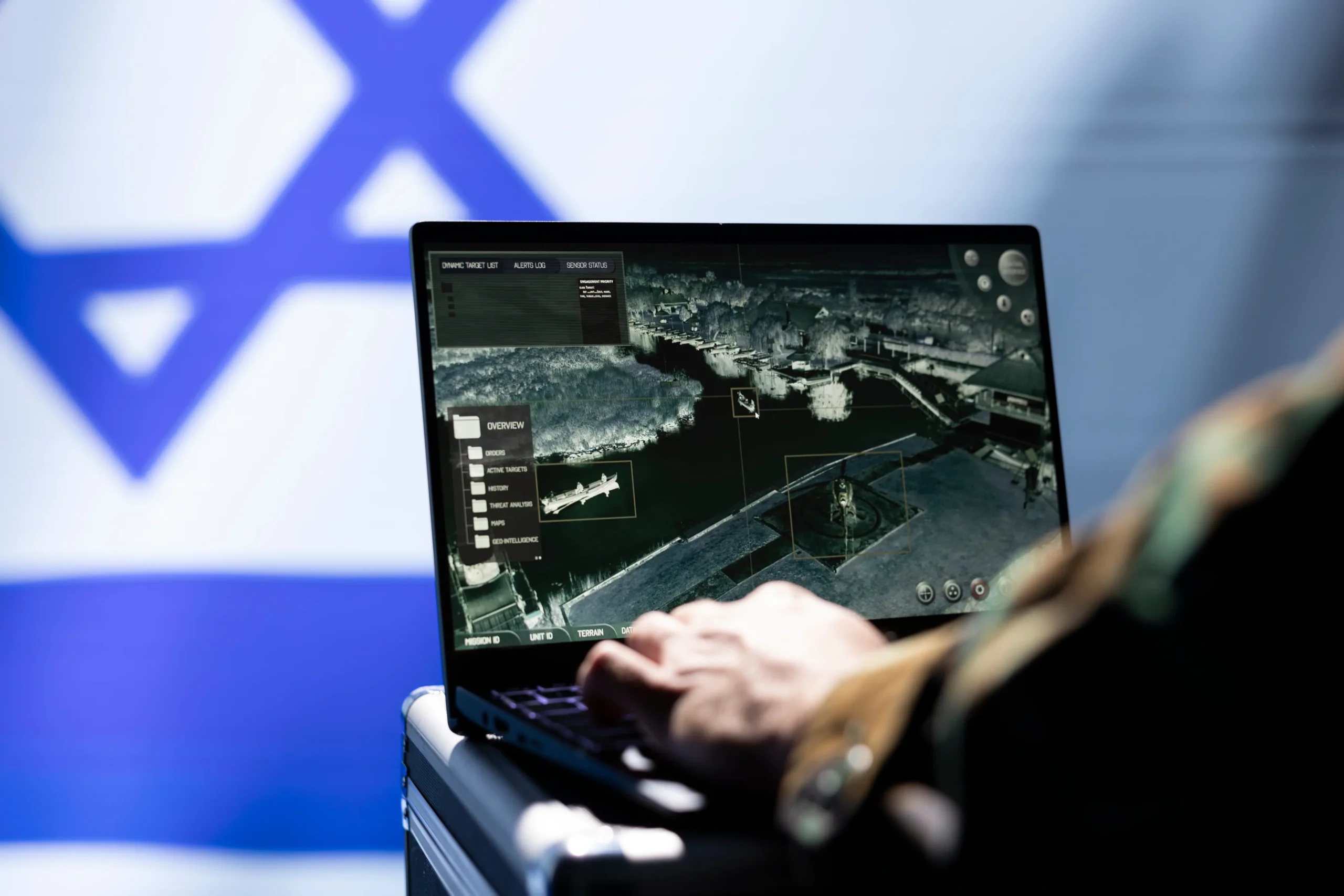
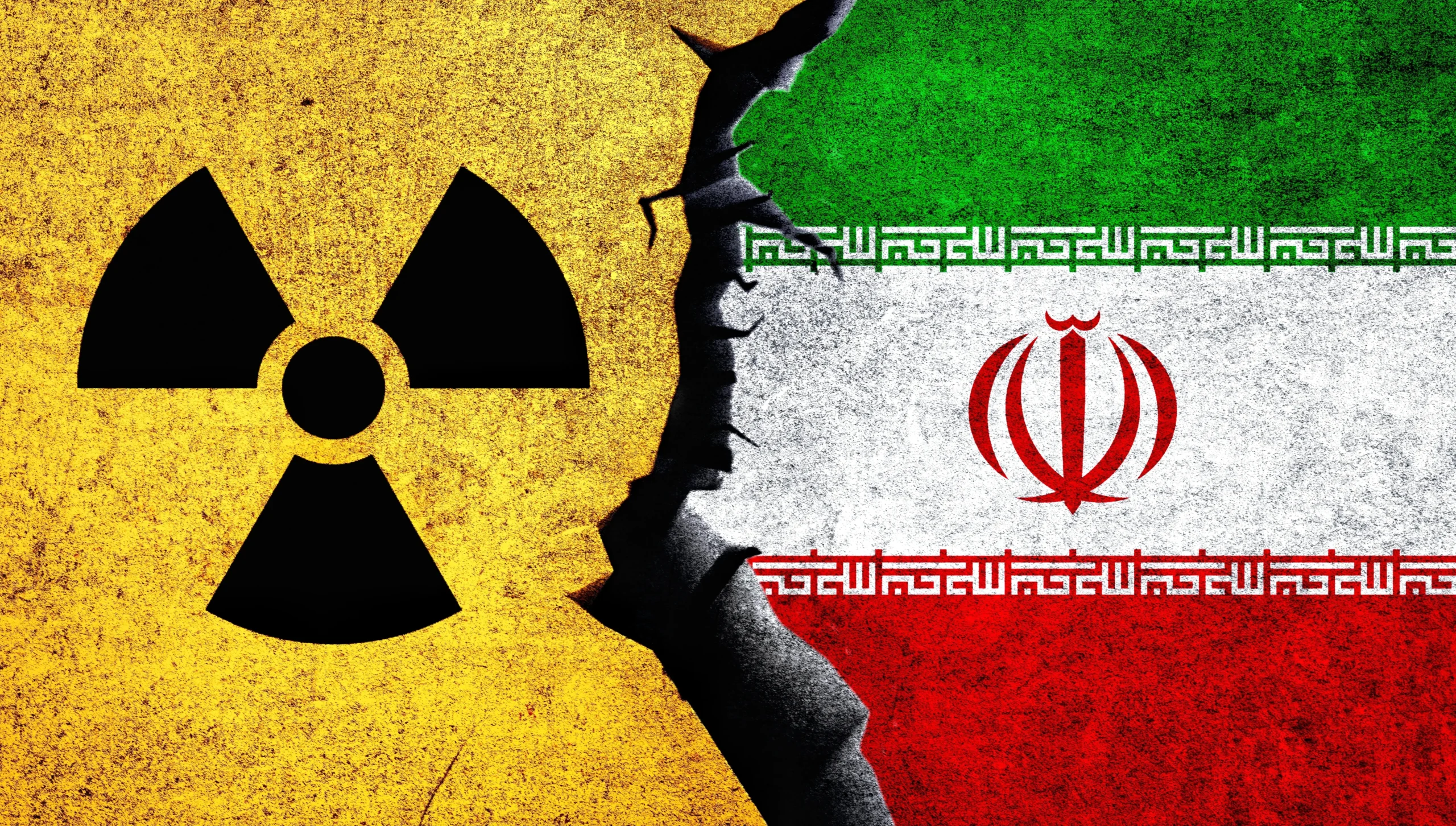


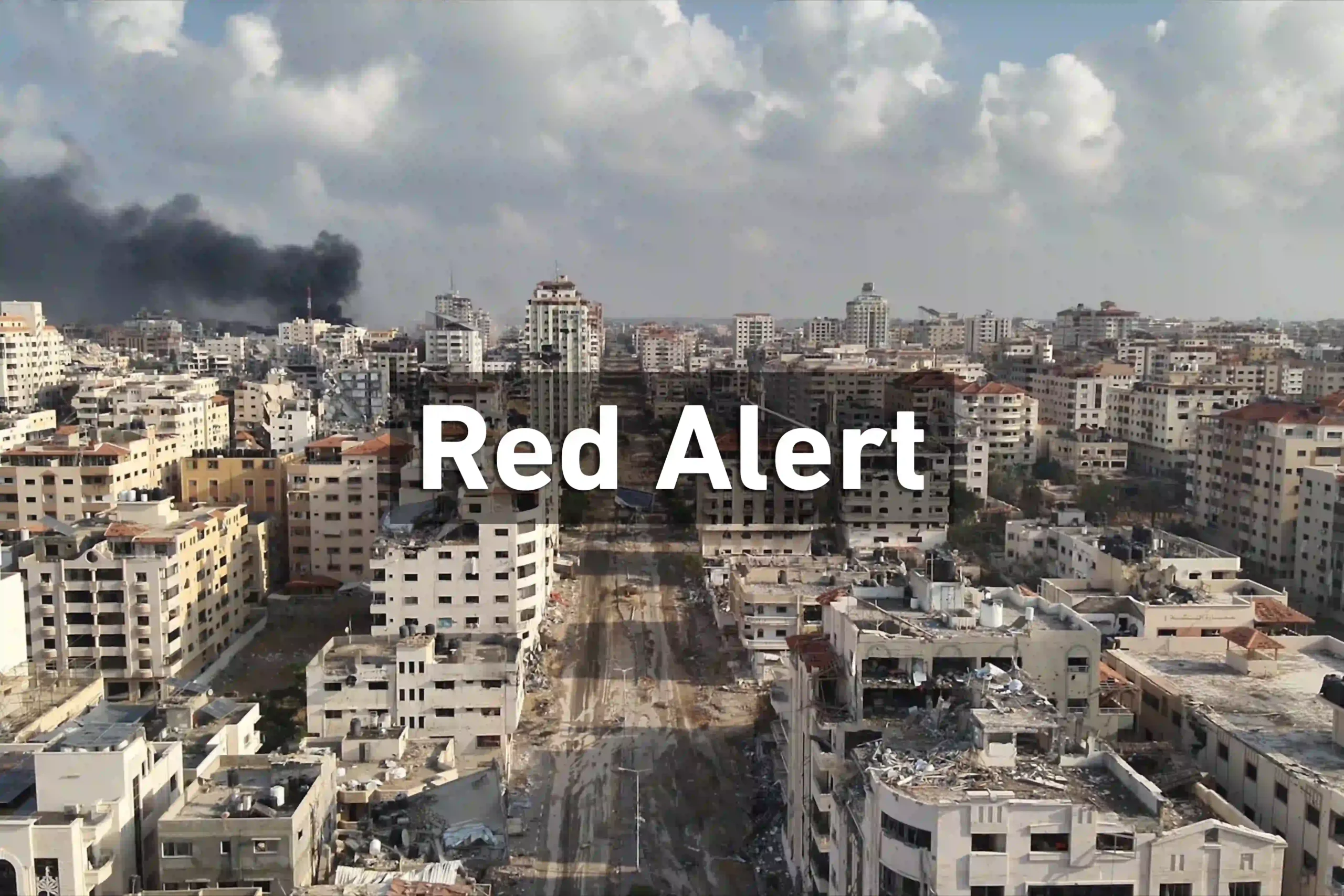
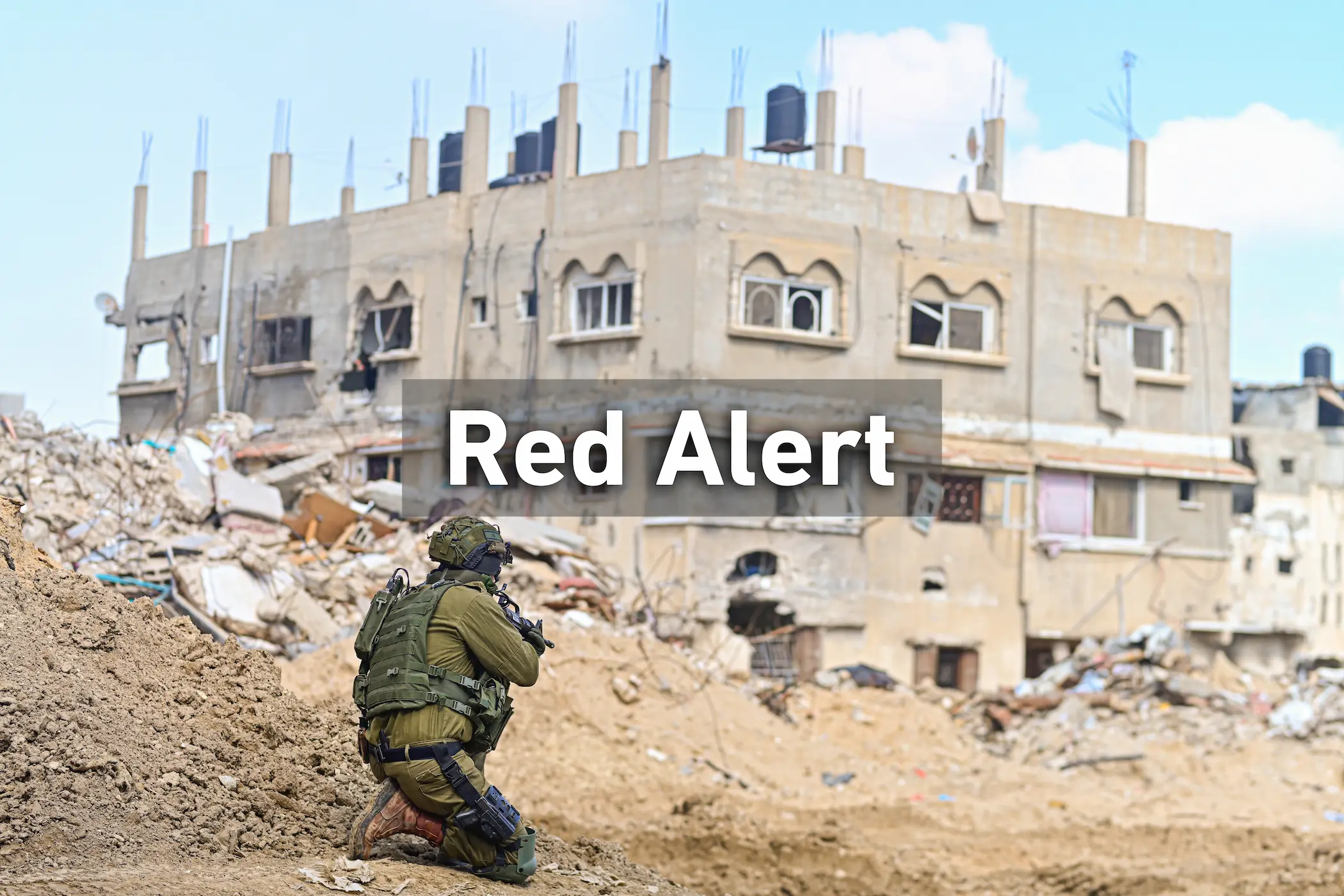
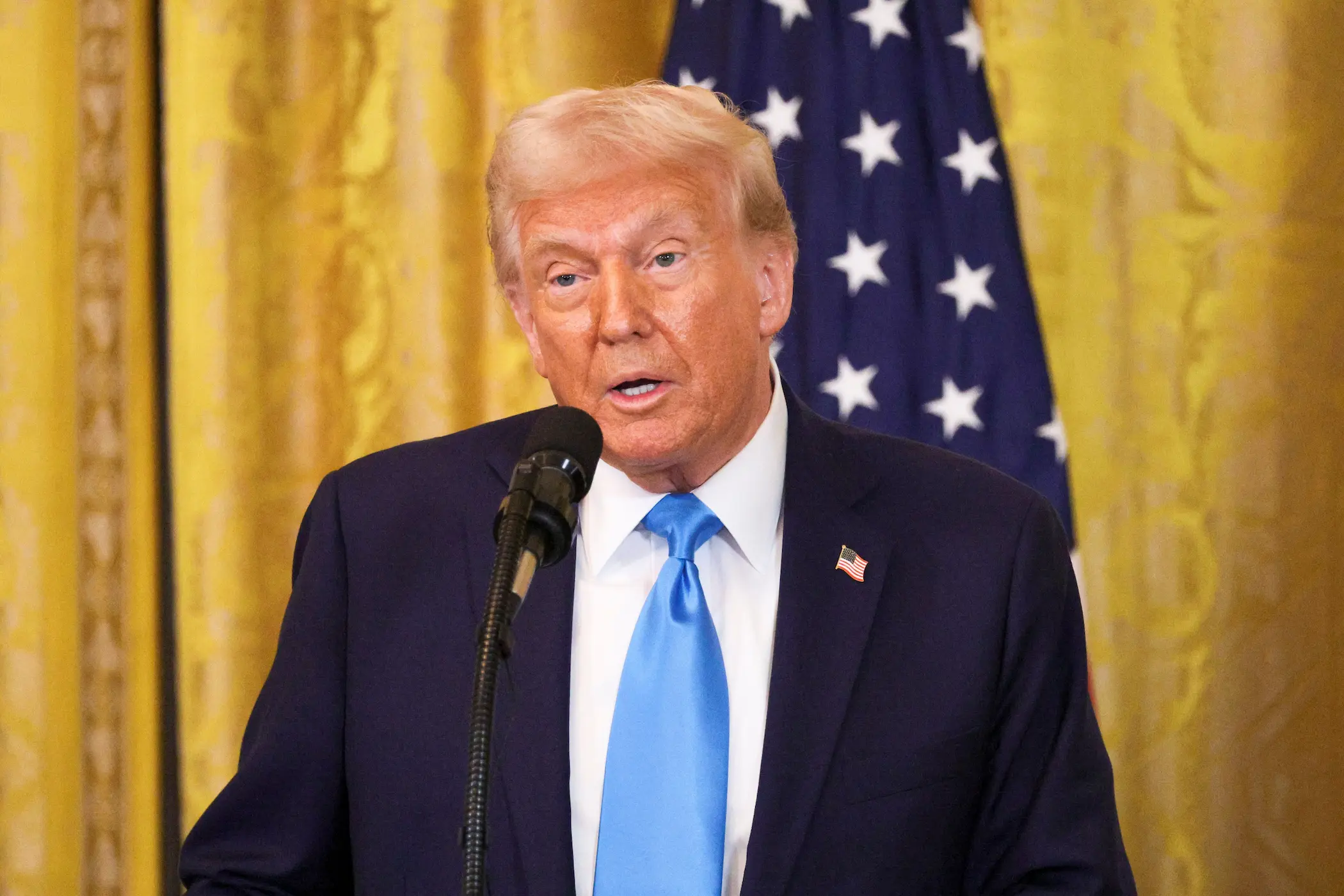
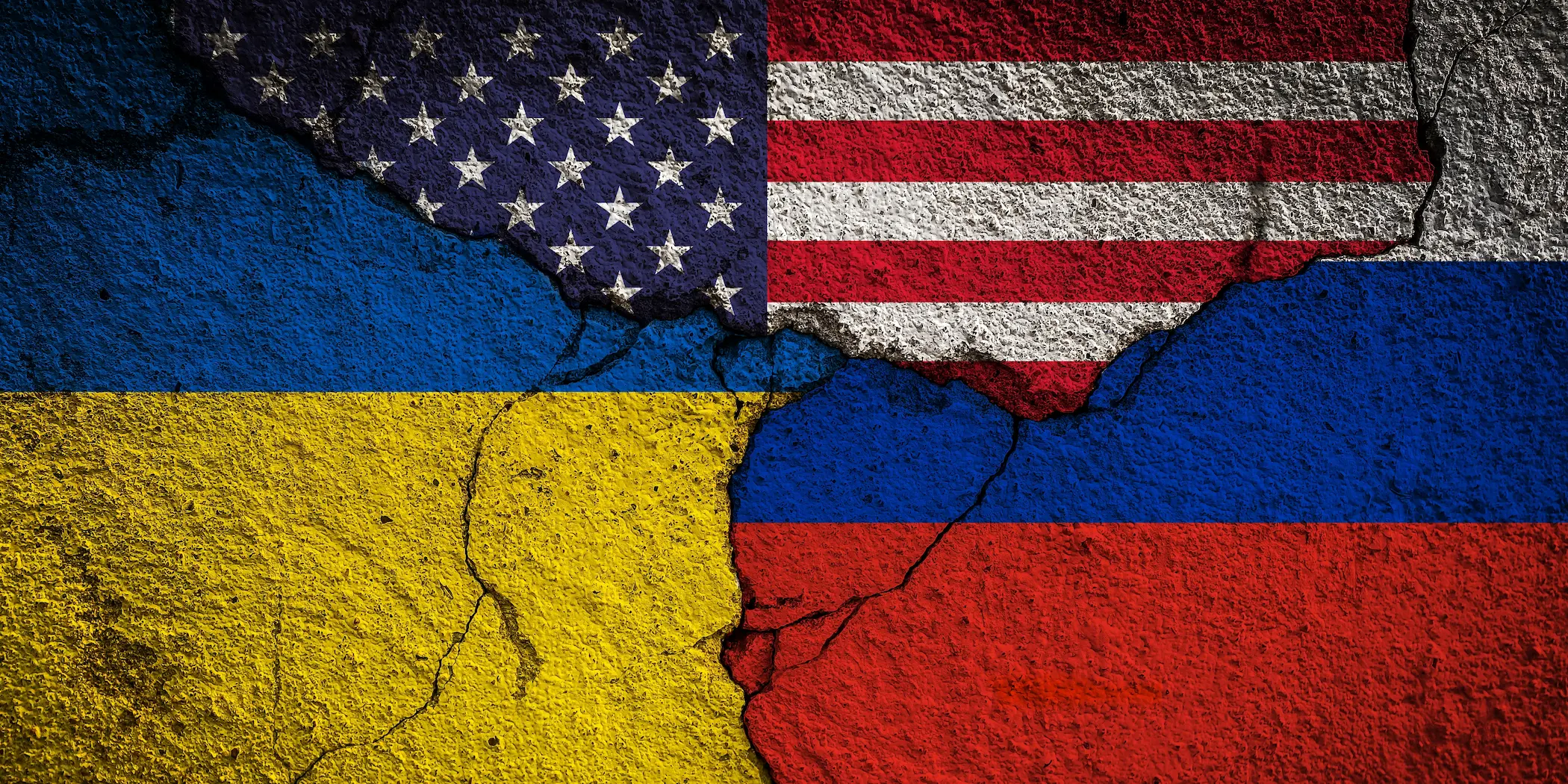
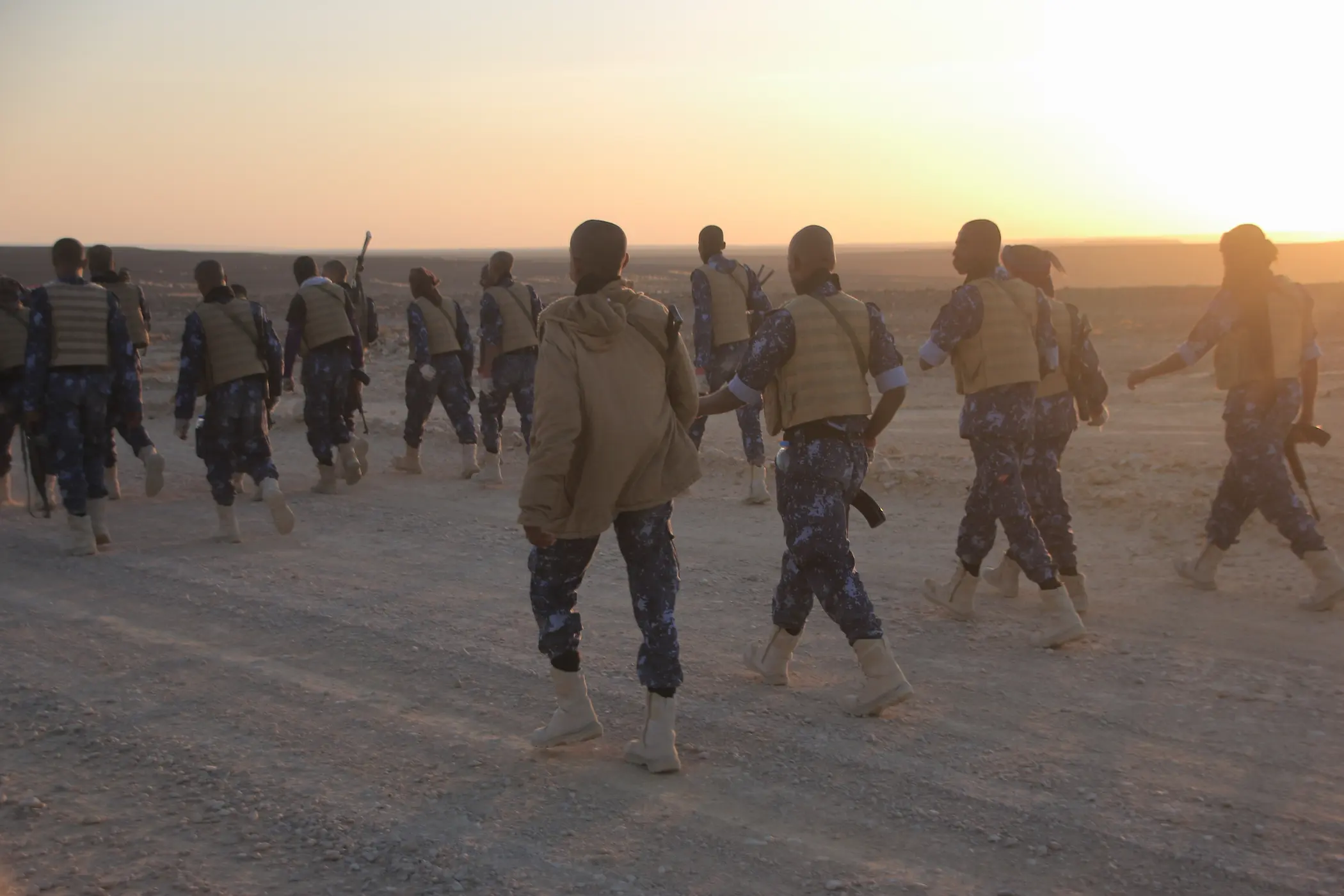
Comments